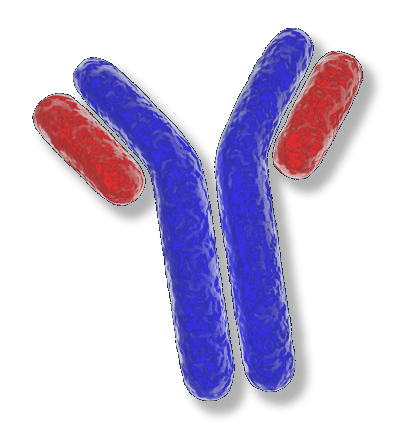
Serum Protein type
Serum protein types refer to the genetic polymorphisms of proteins in the serum, which is the liquid portion of blood containing proteins, organic substances, inorganic salts, and water. Key serum protein types include immunoglobulins, serum enzymes, and complement proteins. Among these, immunoglobulins exhibit the most significant genetic polymorphisms, mainly seen in allotypes, which are variations in the amino acid sequences of the C regions of immunoglobulin heavy and light chains. These variations arise from mutations in the genes encoding immunoglobulins, leading to differences in antigenicity among individuals. Human immunoglobulin allotypes include Gm, Am, and Km, associated with IgG, IgA, and the κ chain, respectively. In addition to immunoglobulins, serum enzymes and complement proteins also exhibit genetic polymorphisms, affecting enzyme activity, stability, and complement function, which are important for understanding individual immune differences and disease susceptibility.
Overview
Ruijin Hospital, Shanghai Jiao Tong University School of Medicine All rights reserved
Overview of Database Data Collection
This database aims to provide comprehensive blood group systems and immunity-related data to researchers, clinicians, and experts in related fields. Currently, the database includes a wealth of information on blood groups and immunity, specifically encompassing 47 blood group systems within the red blood cell blood group system, comprising a total of 2,556 alleles. It also includes 35 human platelet antigen (HPA) types of platelet-related antigens and 98 CD36-related antigens. Additionally, the database contains 25 alleles of human neutrophil antigens (HNA) and detailed information on 70 alleles of immunoglobulin allotypes.
 Serum Protein(IG)
Serum Protein(IG)